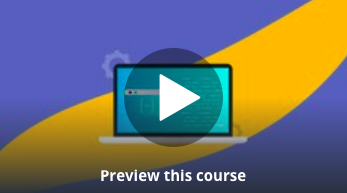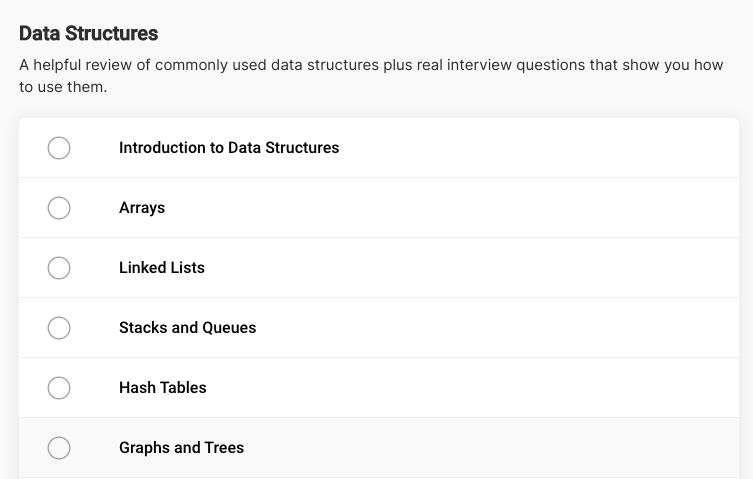Step 1: What matters most?
So you've decided that you want to build your skills via a bootcamp - congrats! This can be a great model to quickly transform your career.
But before you plunk down a huge chunk of cash for an uncertain future, make sure you focus on the one thing that matters most:
Outcomes.
That's right: Choosing a bootcamp isn't about how stylish their website is or how many fancy logos they drop. Instead, it's about whether they can actually transform their students' careers.
So make sure you keep your eyes on the prize throughout the selection process.
Step 2: How do you assess outcomes?
To know whether a given bootcamp can walk the talk, there are two groups of people you need to talk to:
The bootcamp's leadership
The bootcamp's former students
When you talk to the bootcamp's leadership, be sure to focus on the following questions:
What percentage of your students are working in this field within six months of graduation?
Do you have documentation to support these results, including current title and company for alumni?
What percentage of your students don't graduate?
And then, if the bootcamp has a strong and proven track record of career outcomes, you should verify this experience with former students. Note: Don't settle for talking to alumni that the bootcamp selects for you - you want to make sure you're connecting with a representative sample, not just the few all-stars who would have succeeded even without the bootcamp.
To find these former students, just do a LinkedIn search for the bootcamp's name and look for profiles that match your own. For example, if you've never coded before, don't just talk to people who had a lot of coding experience before the bootcamp. Instead, take the time to track down students who represent your true starting point and grab their email address using Saleslift. And then ask them the following questions:
How did the bootcamp help you get a job - did it just teach you the skills or did it actually prepare you to apply and interview?
Did you feel confident in your ability to succeed in a coding interview after the bootcamp?
How long did it take you to get a job after the bootcamp?
If there's consistency between the aggregate data shared by leadership and individual student experiences, then you've likely found a great program.
Step 3: How Should I get Started?
Before you make the bootcamp investment, make sure to do one last test:
Do you actually like to code?
As simple as that question sounds, it’s one that too few students actually consider before taking the plunge.
Because no matter how great the career opportunities in tech, if you hate the actual work, you won’t go far.
Thus, to quickly figure out whether this path is right for you, start with a low-cost coding course like Udemy’s Coding for Beginners (normally about $10). That way, you can make a small investment to test your dedication before making the larger one.
Disclosure: I’m an affiliate for some of the 3rd party courses listed on the site, which means I may earn a small fee if you choose to enroll (which I use to keep Break into Tech running).
Step 4: How do I actually get a job?
Because even bootcamps that are great at teaching software development aren’t always great at teaching software development interviews, check out Exponent’s Ace Your Software Engineering Interview course. Led by top-notch engineers, here’s why it’s my recommendation:
Seeing > Listening. While anyone can tell you how to be a better interviewee, Exponent actually shows you - through hours of mock interviews where you see real hiring managers and candidates go through the same exact questions you’re about to face!
Interviewing Requires Emotional Support. To do your best in the interview room, you need to know more than frameworks - you need to know you’ve got the support to face down this daunting challenge. And so the fact that Exponent’s course grants you access to a Slack community full of folks in the same boat who can empathize with the challenge and help you prep with mock interviews is a big advantage.
Live Coaching When You Need It. Sometimes you need more than a course to make it to the promised land. So that’s why I like that Exponent scales from an inexpensive online course to offer full coaching packages, complete with a roster of coaches from Google, Amazon, Etsy, etc. Plus you can always request a coaching session a la carte!






